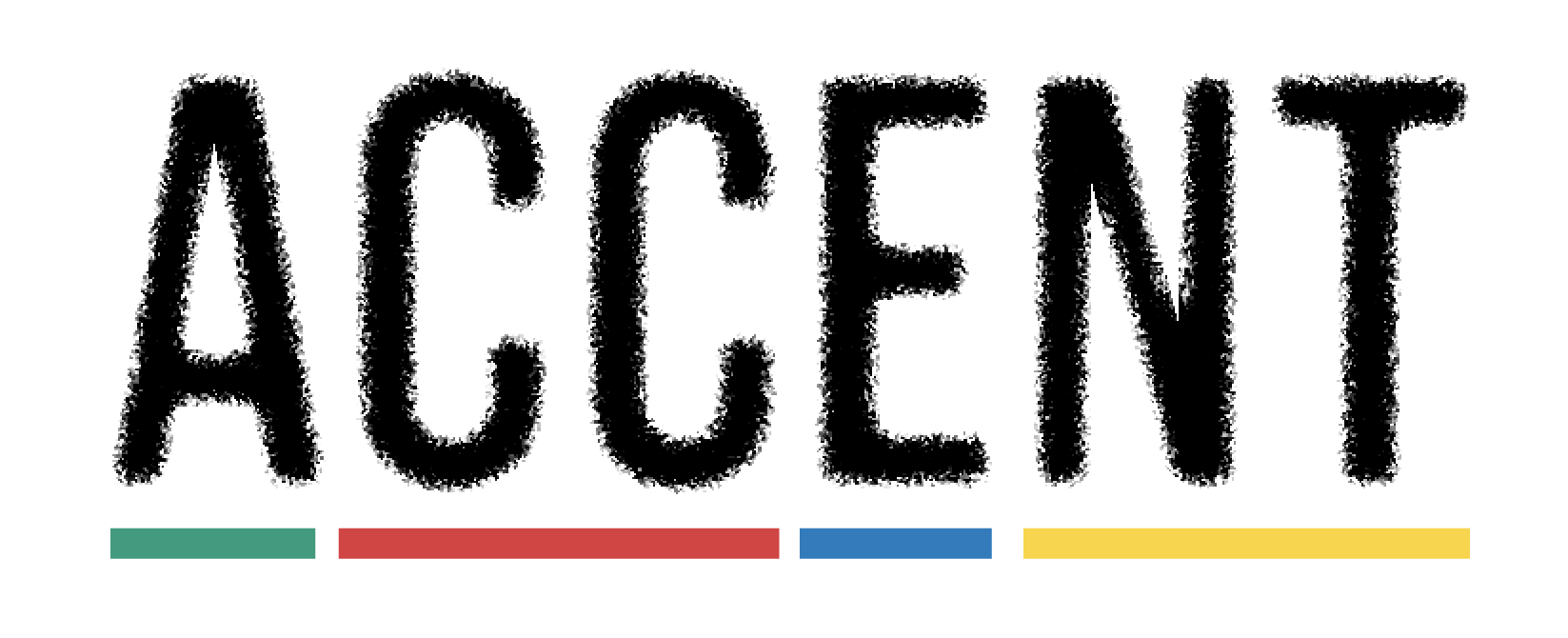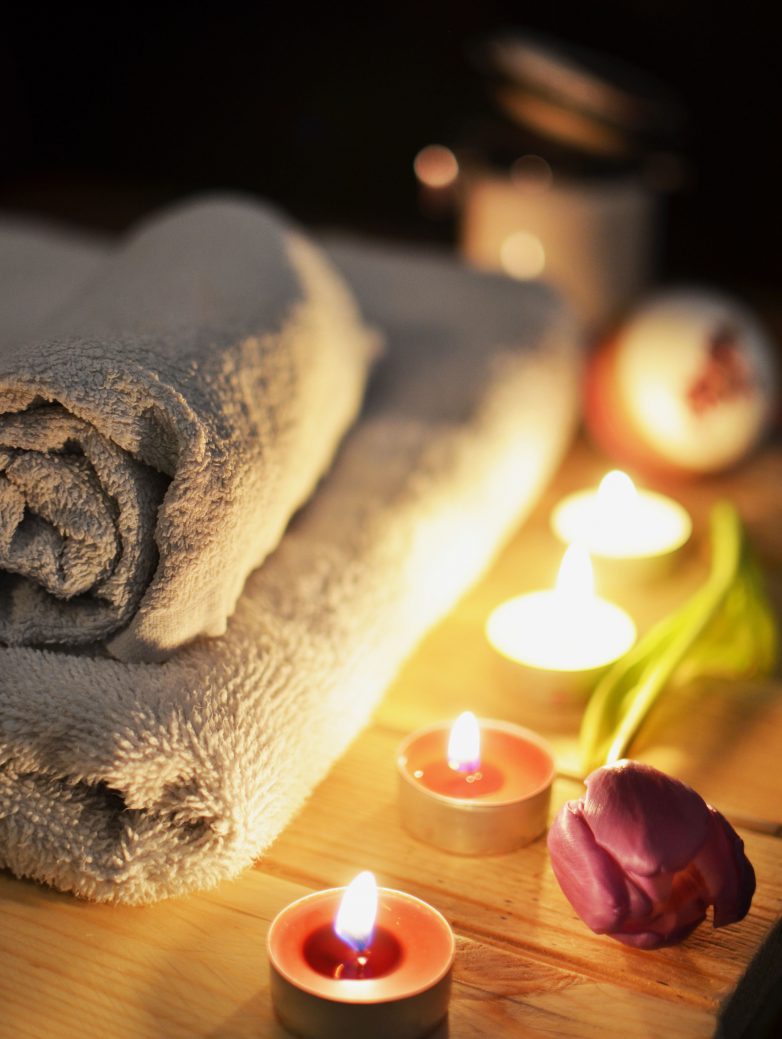When Self-Care Is Taken Too Far
Story and Video By: Jace Puckett
What comes to mind when you think of self-care? Facial masks, binging on snacks, taking a mental health spa day? While all of these things can be good in moderation, they may not be the most productive ways to actually take care of yourself.
Dr. Manuel X. Zamarripa, the associate dean of counseling in the north region of Austin Community College, commented that many students come to counseling reporting feelings of anxiety about classwork and lack of sleep.
“Even though they’re specific issues,” he said, “They’re very much connected to stress and stress levels.”
When asking students about the methods of self-care they use, students talked about activities such as getting adequate sleep or more sleep, using social media and listening to music. Dr. Zamarripa offered his advice on which methods of self-care were more effective and productive.
“Self-care is something you should do every day, not just when you’re stressed,” he said. “It’s true, getting enough sleep is kind of key.”
He went on to mention how exercise and healthy eating habits are two other factors students should keep in mind when seeking ways to better care for themselves. Archaeology major, Ashely Bragg, mentioned that taking walks better alleviates her feelings of stress. Engineering major, Braden Karley, said that he tries to eat healthy in addition to making sure that he is getting enough sleep at night. Other students gave their own insights on which methods were most helpful to them as well.
“I go to my therapist every three weeks,” said psychology major Hunter Hernandez. “And that helps.”
Although Bragg and Karley have found productive methods of self-care that can be done daily, they shared some methods they thought to have fit the “self-care” category at first but found out that they better fit the “treat yourself” category even more. Bragg admitted to drinking the occasional glass of wine while taking baths, and Karley mentioned consuming sweets every now and then.
“Sometimes [I] treat myself,” Karley said. “I’ll get some ice cream or soda on the way home or Starbucks.”
As far as which methods of self-care were less effective, students also had a variety of opinions. Karley talked about “distractions” such as playing video games and watching Netflix.
“They can be good in moderation,” he said, “But if you overindulge, then that can be counterproductive.”
Hernandez talked about snacking and browsing social media on her phone, and Bragg stated that drinking a glass of wine during bath time did help, but it also prolonged her worried thoughts.
Social media was also a topic of discussion, who mentioned going on Twitter to tweet about her daily emotions. Dr. Zamarripa stated that social media wasn’t inherently evil, but it could be misused.
“It doesn’t do anything directly at the moment to harm the person,” he said, “But what it does is if you’re just out there and you’re consistently scrolling and moving. It doesn’t allow those feelings to leave you. You’re just kind of ignoring them.”
Electrical engineering major José Campuzano and Bragg both expressed their beliefs that going to parties and clubs was counterproductive. Just like social media, it can make you feel better at that moment, but it is more of a method of treating oneself and will ultimately ignore the real issue. Campuzano and Bragg have similar ideas about what self-care truly entails.
“Put yourself first before you put others,” said Campuzano. “It’s actually good to put others before yourself, but sometimes you have to worry about your personal self-care first before going to others.”
While Campuzano emphasizes taking care of yourself so that you are in a healthy state to care for others, Bragg stresses the importance of caring for yourself first and foremost.
“[Self-care is] something that’s just about you that gives you a chance to just worry about yourself,” she said. “Just think about yourself, and also remember that self-care is not selfish.”

